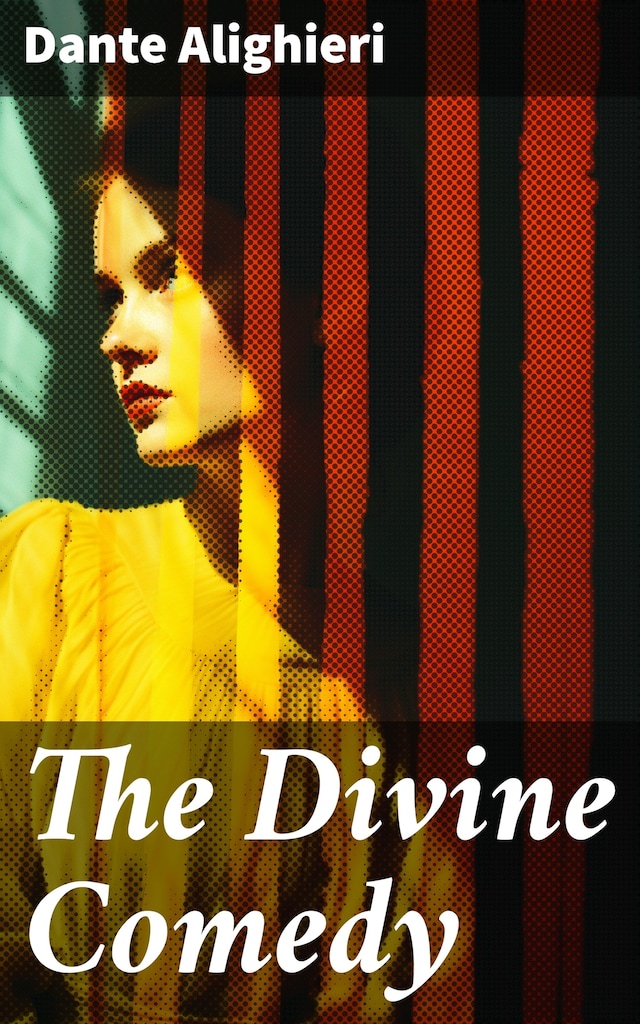
The Divine Comedy
Annotated Classics Edition
Description of book
Dante Alighieri's "The Divine Comedy" is a monumental epic poem composed in the early 14th century, exploring the realms of the afterlife through a complex allegorical narrative. Written in the Tuscan dialect, the poem is renowned for its innovative use of terza rima and rich symbolism. Divided into three sections: Inferno, Purgatorio, and Paradiso, each part reflects Dante's profound theological insights and moral philosophy, as he navigates through the consequences of sin, the purifying power of repentance, and the ecstasy of divine love. This literary masterpiece not only captures the spiritual struggles of its protagonist but also serves as a reflection of medieval thought and the sociopolitical landscape of Dante's Italy, laden with references to classical antiquity and contemporary figures. Dante Alighieri, born into a turbulent period marked by political strife and personal tragedy, drew on his own experiences and deep knowledge of philosophy, theology, and literature to craft this unparalleled work. His exile from Florence profoundly influenced his writing, as he sought to reconcile his existential musings with the broader spiritual journey of humanity. Dante's mastery of language and layered narratives resonate with the universal pursuit of redemption and understanding in the human experience. "The Divine Comedy" is an essential read for anyone seeking a deeper connection to the human condition and its moral dimensions. It presents a tapestry of allegorical meaning that invites readers to reflect on their own lives and beliefs. As a cornerstone of Western literature, Dante's work continues to inspire and challenge readers, making it a timeless journey worth embarking upon.
 Dante Alighieri
Dante Alighieri 496 Pages
496 Pages